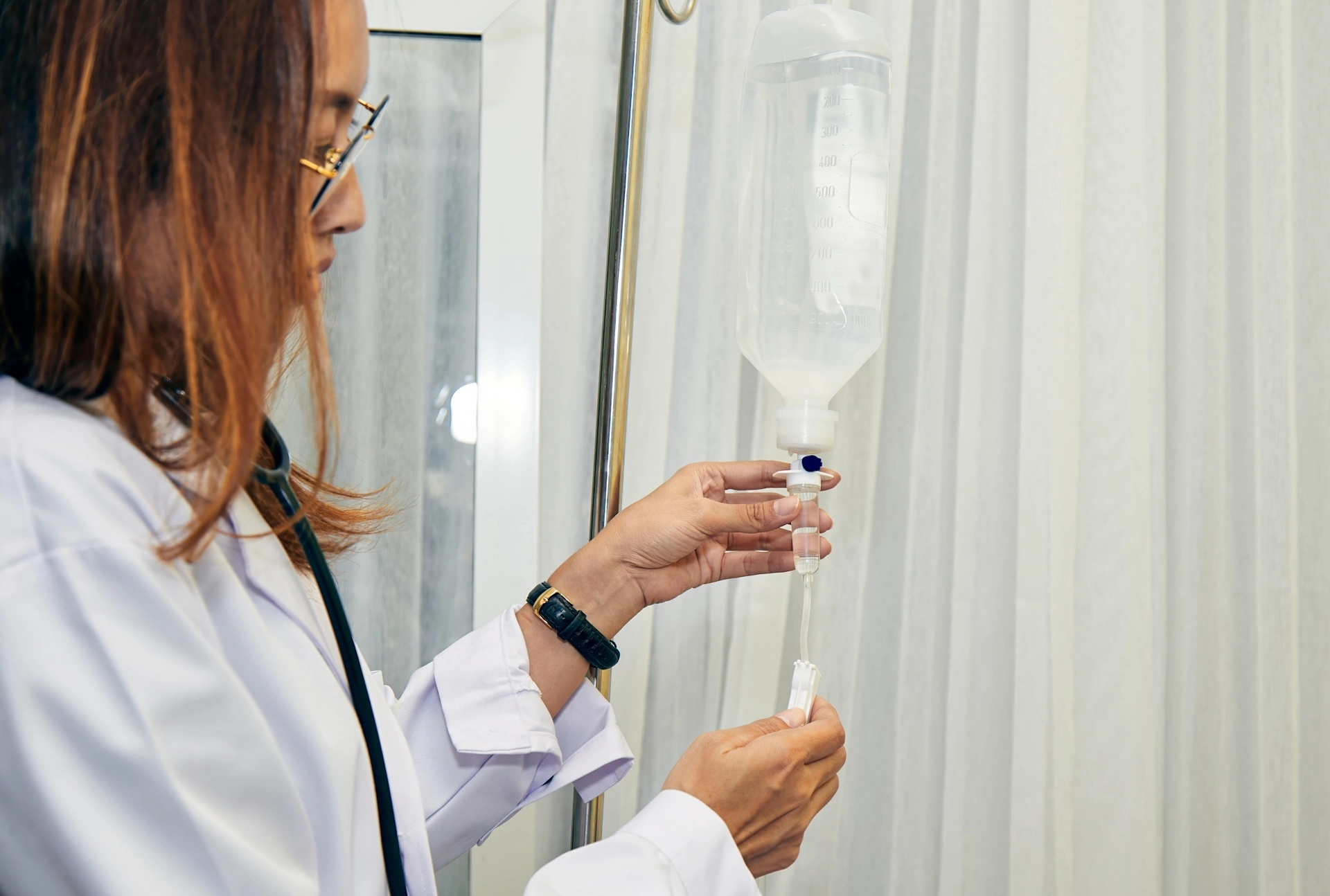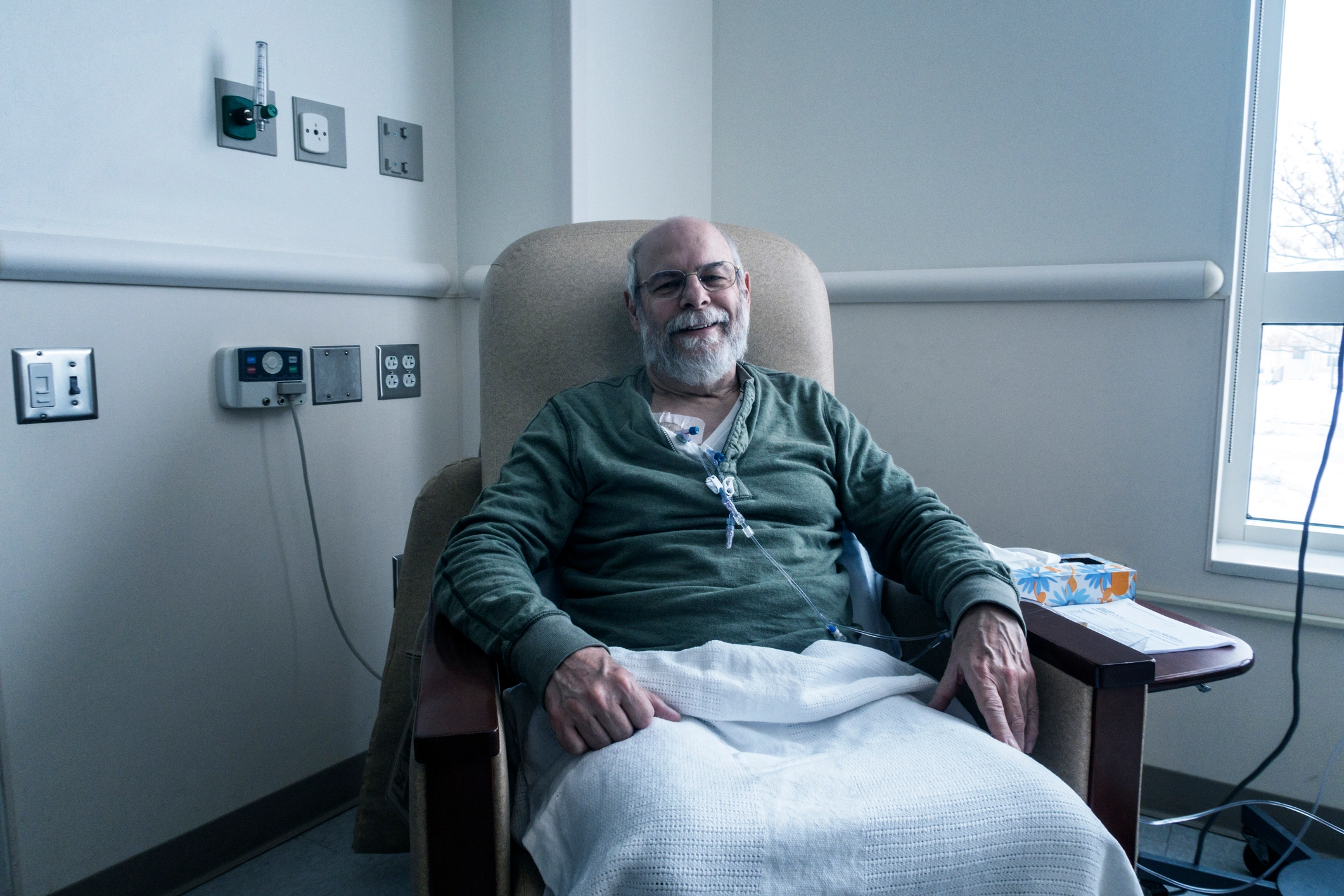Kaiser Permanente study looks at colonoscopy outcomes after new guidelines were implemented
An initial screening colonoscopy in adults ages 45 to 49 found pre-cancerous polyps and cancers at a rate similar to that seen in adults ages 50 to 54, a new Kaiser Permanente study found.
The research, published in JAMA, provides more evidence to support the updated U.S. Preventive Services Task Force (USPSTF) colorectal cancer screening guidelines that recommend screening begin at age 45, rather than age 50.

“We believed it was important to measure the real-world benefit of the new recommendations,” says first author Jeffrey K. Lee, MD, MPH, a research scientist with the Kaiser Permanente Division of Research (DOR) and a gastroenterologist with The Permanente Medical Group (TPMG). “The findings from our study confirm that by starting colorectal cancer screening at age 45, we can identify and remove precancerous polyps, which can reduce the risk of getting colorectal cancer. We also found a small number of colorectal cancers, and these patients were able to start cancer treatment.”
The new study included 12,031 Kaiser Permanente Northern California members ages 45 to 54 who had their first screening colonoscopy between 2021 and 2024. None of the patients had a history of inflammatory bowel disease or a family history of colorectal cancer, both of which are risk factors for colorectal cancer. The researchers compared outcomes for the adults ages 45 to 49 with those ages 50 to 54.
The study found that the older group of patients were slightly more likely to have a polyp found on a colonoscopy than the younger group. But, overall, the types of polyps that were identified did not differ significantly between the two groups. Advanced adenomas (pre-cancerous polyps with features that suggest they are more likely to become cancers) were removed in 3.8% of the younger patients and 4.1% of the older patients. Advanced serrated polyps (another type of high-risk polyp) were removed in 1.5% of the younger patients and 1.8% of the older patients. Other types of precancerous polyps were seen in 10.2% of the younger adults and in 10.4% of the older adults. Colorectal cancers were seen in 0.1% of both age groups.
“Although we do not fully understand why colorectal cancer rates are increasing in young adults, it is critically important that adults 45 years of age and older get screened for colorectal cancer,” said Lee. “In addition, young adults should discuss with their doctors if they are experiencing persistent symptoms of rectal bleeding, abdominal pain, changes in their bowel habits, or unintentional weight loss, as these can be symptoms of colorectal cancer.”
Although we do not fully understand why colorectal cancer rates are increasing in young adults, it is critically important that adults 45 years of age and older get screened for colorectal cancer.
— Jeffrey K. Lee, MD, MPH
The USPSTF updated its colorectal cancer screening guidelines in 2021 in response to the rise in colorectal cancer incidence in adults under age 50. KPNC expanded its comprehensive colorectal cancer screening program in 2022 to include members between ages 45 to 49. The screening program reminds KPNC members when they are due for colorectal cancer screening, and sends them a fecal immunochemical testing (FIT) kit for at-home testing. Members can choose to do the FIT test or to have a screening colonoscopy.

The findings from the new study align with 2 previous studies conducted prior to the guidelines change that found slightly lower rates of adenomas in adults ages 45 to 49 than in adults ages 50 to 54.
The researchers say their findings suggest that detection rate benchmarks used to evaluate screening programs do not need to be revised to assess performance under the new guidelines.
They also note that it is important that everyone within the recommended age for screening be aware of all their screening options. “Currently, screening rates remain lower for people under 50 compared to those ages 50 to 75,” said senior author Theodore R. Levin, MD, a DOR research scientist and TPMG gastroenterologist. “Although our study focused on younger people who chose to have a colonoscopy as their initial screening test, it’s important that this population is made aware that a FIT test is highly effective in identifying people at increased risk for polyps and colon cancer — and that only those who have a positive FIT test need to have a colonoscopy. This option may be more acceptable for many younger adults.”
The study was funded by the Kaiser Permanente Community Health Program and the National Cancer Institute.
Co-authors include Christopher D. Jensen, PhD, MPH, Natalia Udaltsova, PhD, and Douglas A. Corley, MD, PhD, of the Division of Research, and Jeffrey Hendel, MD, of The Permanente Medical Group.
###
About the Kaiser Permanente Division of Research
The Kaiser Permanente Division of Research conducts, publishes, and disseminates epidemiologic and health services research to improve the health and medical care of Kaiser Permanente members and society at large. KPDOR seeks to understand the determinants of illness and well-being and to improve the quality and cost-effectiveness of health care. Currently, DOR’s 720-plus staff, including 73 research and staff scientists, are working on nearly 630 epidemiological and health services research projects. For more information, visit divisionofresearch.kp.org or follow us @KPDOR.





Comments (0)